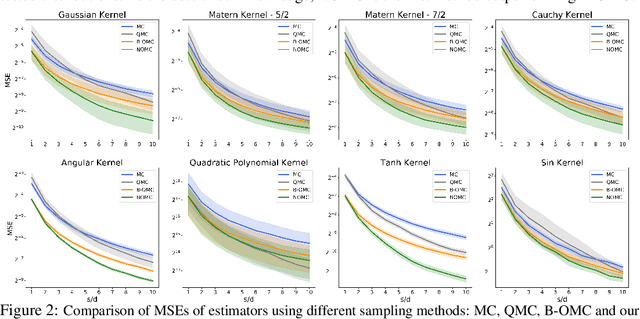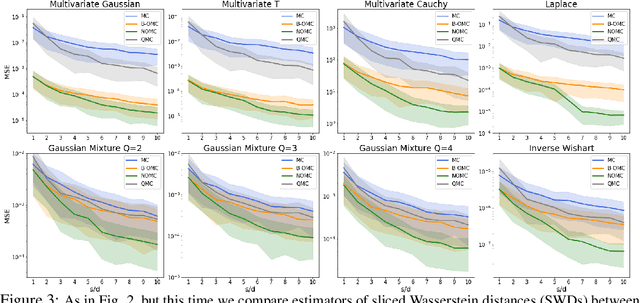Clement Laroche
Scalable Speech Enhancement with Dynamic Channel Pruning
Dec 22, 2024Abstract:Speech Enhancement (SE) is essential for improving productivity in remote collaborative environments. Although deep learning models are highly effective at SE, their computational demands make them impractical for embedded systems. Furthermore, acoustic conditions can change significantly in terms of difficulty, whereas neural networks are usually static with regard to the amount of computation performed. To this end, we introduce Dynamic Channel Pruning to the audio domain for the first time and apply it to a custom convolutional architecture for SE. Our approach works by identifying unnecessary convolutional channels at runtime and saving computational resources by not computing the activations for these channels and retrieving their filters. When trained to only use 25% of channels, we save 29.6% of MACs while only causing a 0.75% drop in PESQ. Thus, DynCP offers a promising path toward deploying larger and more powerful SE solutions on resource-constrained devices.
Demystifying Orthogonal Monte Carlo and Beyond
May 27, 2020



Abstract:Orthogonal Monte Carlo (OMC) is a very effective sampling algorithm imposing structural geometric conditions (orthogonality) on samples for variance reduction. Due to its simplicity and superior performance as compared to its Quasi Monte Carlo counterparts, OMC is used in a wide spectrum of challenging machine learning applications ranging from scalable kernel methods to predictive recurrent neural networks, generative models and reinforcement learning. However theoretical understanding of the method remains very limited. In this paper we shed new light on the theoretical principles behind OMC, applying theory of negatively dependent random variables to obtain several new concentration results. We also propose a novel extensions of the method leveraging number theory techniques and particle algorithms, called Near-Orthogonal Monte Carlo (NOMC). We show that NOMC is the first algorithm consistently outperforming OMC in applications ranging from kernel methods to approximating distances in probabilistic metric spaces.
 Add to Chrome
Add to Chrome Add to Firefox
Add to Firefox Add to Edge
Add to Edge